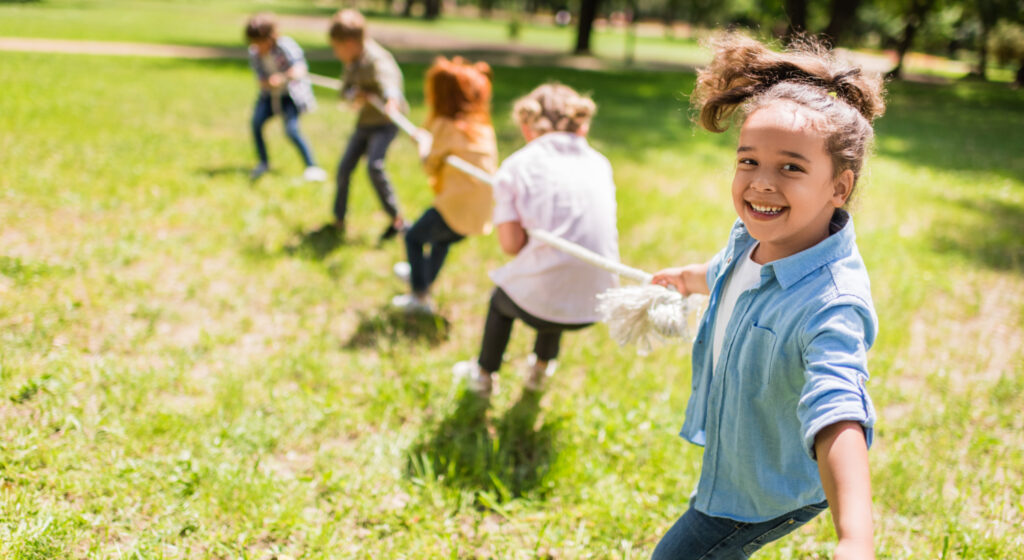As defined by Baer, Wolf, & Risley,. “Applied Behavior Analysis is the process of systematically applying interventions based upon the principles of learning theory to improve socially significant behaviors to a meaningful degree, and to demonstrate that the interventions employed are responsible for the improvement in behavior.“
Social significant behaviors include skills, such as communication, reading, academics, social skills, and adaptive living skills. Adaptive skills are referred to as self-help skills that involve gross and fine motor skills, along with toileting, personal hygiene, eating, home, work, and community skills. In addition, target behaviors are assessed within relevant settings, such home, community, and school. ABA utilizes single case experimental design to assess the effectiveness of the behavior intervention plan, which is an important element based on ABA methodologies. Research has demonstrated that the use of ABA can increase desired behaviors, and decrease undesirable behaviors by replacing with appropriate behaviors.
Baer, D.M., Wolf, M.M., & Risley, T.R. (1968). Some current dimensions of applied behavior analyis. Journal of Applied Behavior Analysis. 1, 91-97.

Skill assessments are conducted with ABLLS-R to determine the function of the child’s challenging behavior(s). Assessments will allow the therapist to prepare an individualized plan for each child. Assessments will include parent and teacher interviews, child behavior checklist, and direct observation.
The Behavior Intervention Plan (BIP) provides parents/caregivers with target behaviors to increase or decrease, recommendations, summary of the skill assessment, and description of intervention.
Functional Communication Training (FCT) is used to teach an appropriate method of communication to replace inappropriate behaviors, such as aggression and non-compliance. FCT methods may consist of picture exchange communication system (PECS), sign language, vocal language, or speech generating device (SGD).
Social and Play Skills are taught to assist children who have difficulties with turn-taking/sharing, prefer to play alone, not able to initiate or maintain conversation, struggle to make and maintain friendships, not aware of other people’s feelings based on verbal or non-verbal cues, and inability to maintain interest on one activity.
Parent Education is offered to assist with effective parenting techniques. Techniques provided are based on the principles of Applied Behavior Analysis (ABA). Parent Education is important in order to generalize the skills learned at the clinic to the home, school, and community.
Home, Clinic, School, and Community sessions are provided. Therapy sessions will initially take place at Stepping Stone Kids Therapy clinic, but will also occur in the home, school, and community.
1:1 Sessions are conducted to address the needs of the child. Parents’ are encouraged to participate to learn the necessary skills in order to implement their child’s plan when therapists are not present. Progress is monitored through data collection and is shared with parents and/or caregivers.
Peer/Group Sessions are conducted and designed to offer children an environment that promotes specific social and behavioral goals. Children who participate in the sessions consist of similar age and needs. Each child is evaluated for their individual social skills need. Groups are designed based on the child’s needs, such as turning taking/sharing, collaborative play, eye contact, expressive feelings, and following group instructions.